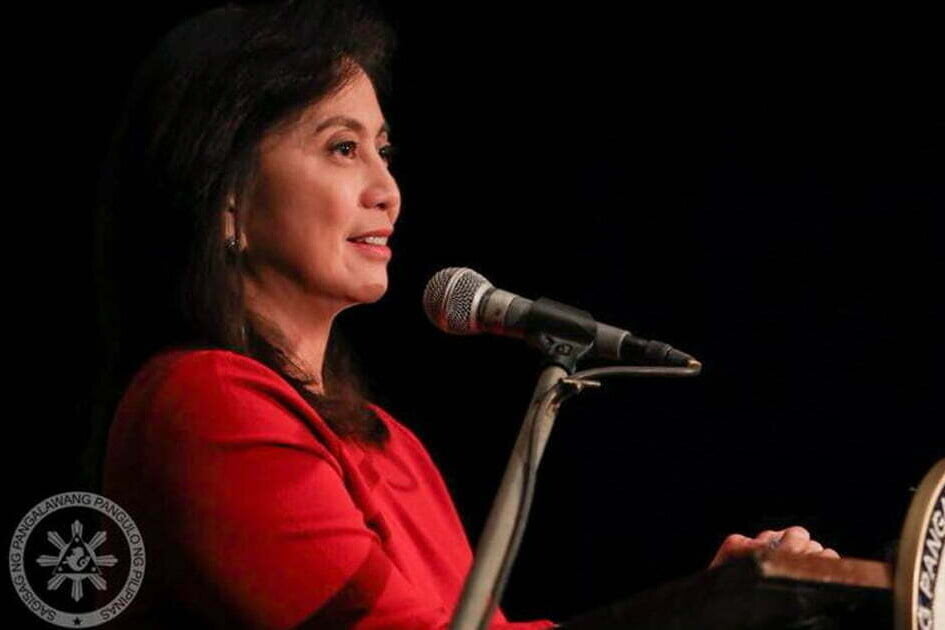When the news broke out two weeks ago that the Mutual Logistics and Support Agreement (MLSA) between the United States and the Philippines was signed, lawmakers, militants, media men, and the public were caught by surprise. Many expected that the controversial agreement would not be signed that soon and that it might even be submitted to the Senate for ratification.
The MLSA, according to the agreement’s preamble, is designed “to further the interoperability, readiness, and effectiveness of their respective military forces through increased logistic cooperation.” It is supposedly in accordance with previous agreements such as the RP-US Mutual Defense Treaty, RP-US Visiting Forces Agreement or the RP-US Military Assistance Agreement.
The signing, secretly done in haste on the morning of November 21, was held at the Camp Aguinaldo military headquarters in Quezon City, with Commodore Ernesto de Leon, deputy chief of staff for plans and programs for the Armed Forces of the Philippines, and Colonel Mathias Velasco of the Joint United States Military Advisory Group, representing their respective governments.
No less than Vice President Teofisto Guingona, who has been consistently saying that the agreement must go through the Senate, expressed disgust over the MLSA signing. He said the agreeement could drag the Philippines into US war against Iraq. The vice president cited Article 3 of the MLSA, which compels both countries to engage in “…other cooperative efforts, such as humanitarian assistance, disaster relief and rescue operations, and maritime anti-pollution operations, within Philippine territory, or outside Philippine territory in cases where either Party, or both, have decided to participate.”
The provision may sound innocent enough. This is about humanitarian assistance and similar operations, after all. But note the word “such as,” which means there could other be “cooperative efforts” other than those enumerated.
“The US has time and again manifested its intention on Iraq… If the activity entails sending troops there, does this mean that we should do likewise? Will this be to the nation’s benefit?” Guingona asked.
President Gloria Macapagal-Arroyo has repeatedly expressed her support on US’s so-called “war on terror,” and US President George Bush sees military action against Iraq as part of this campaign.
But US Ambassador Francis Ricciardone and Malaca�ang downplayed the MLSA, saying it is just an operational agreement that does not involve the creation of new US bases in the Philippines or any other remote possiblities that MLSA critics fear of. Malaca�ang maintains that MLSA is just a “low level executive agreement that does not require Senate ratification.”
Press Secretary Ignacio Bunye said the pact is just an “accounting of how supplies and materials could be exchanged or utilized by the US and Philippine forces during an approved activity.”
For his part, Ricciardone said: “We are allies and we’re friends and we trust each other. In this country, you have laws and a constitution and we respect those laws and constitution,” the US envoy said in an interview.
Ricciardone is right, the US and the Philippines are allies, especially in the so-called “war against terror.” But in the part about respecting the constituton and laws of the Republic, he might be wrong.
A case in point: The Philippine Constitution prohibits the presence of foreign troops in the country except during activities done under a Senate-ratified agreement. So under the VFA, the presence of US soldiers participating in the Balikatan war games was legal. But the terms of reference of the Balikatan military exercises states that US soldiers must leave as soon as the exercises are over. But we all know about, and Representatives Satur Ocampo and Imee Marcos, among others, have repeatedly questioned the continued presence of hundreds of US soldiers in Mindanao.
If such glaring violations could be committed in actual laws like the VFA, why can’t it be replicated in such “low-profile” agreements as the MLSA?
Militant groups, in strongly-worded staments threatening Arroyo’s impeachment, denounced the signing of the MLSA as “a class act of betrayal of national sovereignty which officially declares the Philippines as the US biggest launching pad for war of aggression.” They also hit the government’s lack of transparency in the MLSA signing.
Defense Secretary Reyes was quoted as saying in newspaper reports that they deliberately kept the signing not known to the public: “We did not want the public to be aware of it before we were able to brief members of Congress.”
Aside from the seemingly debatable issues regarding MLSA’s implication in the US-RP military relations, the lack of transparency in the MLSA is another-and more concrete-issue that merits public condemnation. The signing of the MLSA behind our back, given widespread apprehension over it, is indeed a treacherous act of the government.
After all, if the MLSA is as “boring” as both the US and the Philippine governments say, why the haste, and why hide its signing from the public?
http://bnext.net/N&I/2002/newsstory1202a02.html
Ederic Eder
Ederic is a Filipino communications worker in the telecom, media, and technology industry. He writes about K-dramas and Korean celebrities for Hallyudorama.
He used to be a social media manager for news at GMA Network, where he also headed YouScoop, GMA News and Public Affairs’ citizen journalism arm.
He was with Yahoo! Philippines for more than three years before returning to GMA Network, where he was also previously part of the News Research section.
Related Posts
December 4, 2019
Si Robredo at ang kampanya kontra droga
Para kay VP Robredo, hindi karahasan at patayan ang paraan para wakasan ang…
November 1, 2019
Hindi matanggap ang pagkatalo
Ayaw pa ring aminin ni Bongbong Marcos ang kaniyang pagkatalo. `


